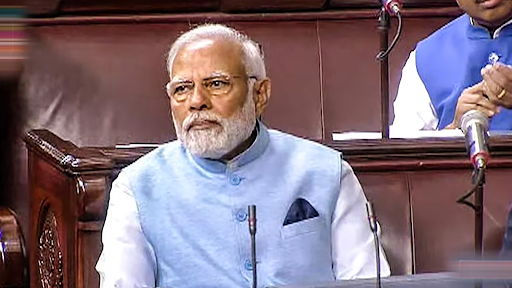Prakhar Dobhal, Pune
Addressing the Manipur issue during the no-confidence debate opposition demanded chief minister N Biren Singh resign for the “shameful blunders”. A motion of no confidence was made by the opposition about disputes between the Kukis and Meiteis, which initially manifested themselves in Manipur on May 3 during a demonstration against a court-ordered modification to the state’s reservation matrix, awarding the latter scheduled tribe (ST) status. Tens of thousands of people were forced to flee burning houses and neighborhoods into jungles, frequently crossing state borders, as violence soon enveloped the state whose ethnic fault lines run deep.
Gaurav Gogoi, the deputy Congress leader, started the conversation by stating that the administration, which frequently refers to “one India,” had actually produced two Manipurs, “one living in the hills and the other in the valley.” Attacking the Modi government for ill management of the situation and lack of response. Gogoi further attacked Prime Minister Narendra Modi for being silent on important matters like the ethnic violence in Manipur and cited Atal Bihari Vajpayee’s visit to Gujarat following the 2002 riots as an example.“Why did he (Prime Minister Modi) take about 80 days to speak on Manipur and (he) just spoke for 30 seconds. After that there has been no peace appeal on Manipur from him. Ministers are saying they will speak, but as prime minister, the power of his words cannot be matched by ministers,” he said.
Taking forward the debate and asking N Biren Singh to resign, Supriya Sule said “There have been shameful blunders by the state government in Manipur. I demand that just today after this, the chief minister must resign,” as she wrapped up her speech during the discussion on the no-confidence motion against the Narendra Modi government in the Lok Sabha.
Sule claimed that the opposition submitted the motion of no confidence against the government because it was speaking for the whole country. Further stating that she did not try to undermine the government’s intentions but emphasized that it was the results that she had a problem with. She did this by quoting American economist Milton Friedman who stressed the need of evaluating policies on the basis of results rather than the goal.
